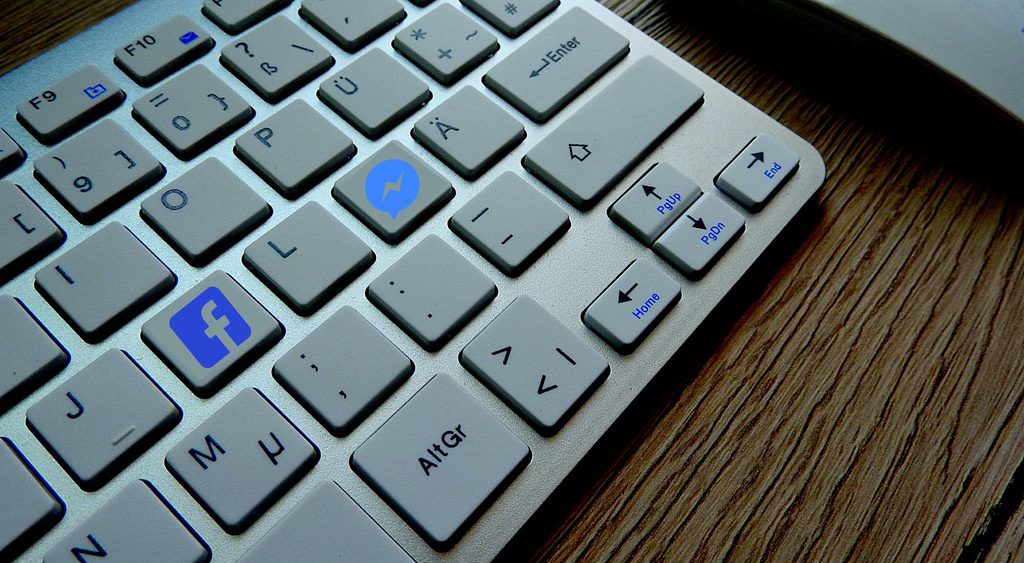
Australia announced its News Media and Digital Platforms Mandatory Bargaining Code in 2020. The aim of the code is to force specified digital platforms (currently Google and Facebook) to pay news media outlets (notably the Murdoch press) in respect of any links hosted on these platforms which point to news content. At first this may seem strange; why should news websites get compensation as a result of receiving more traffic from links? It seems the reason is down to the control which Google and Facebook wield over the overall digital advertising ecosystem. In short, the Silicon valley giants make the bulk of profits from adverts on news websites, in contrast to those aeons before the internet when print newspapers were in control of their own advertising and made far healthier profits as a result.
Fast forward to February 2021, when the code was nearing parliamentary approval. Facebook, in an effort to express its displeasure at being forced to share its profits with news organisations, decided to flex its considerable digital muscle and simply banned the news on its platform for its 11.5 million Australian users. A news blackout on Facebook ensued for just over a week, before Zuckerberg agreed to reverse the ban – possibly as a result of certain amendments. The code was subsequently passed by parliament.
Google had previously threatened to remove its search engine from Australia in response to the code, but subsequently agreed to a significant three year deal with Murdoch’s News Corp, along with various deals with other media companies, including one worth $30 million with Nine Entertainment.
Some commentators, including Shoshana Zuboff, argue that Facebook’s news blackout is an example of the unwieldy power of Big Tech which needs to be tamed through regulation by governments around the world. But perhaps this is just a battle between the old print barons, namely Rupert Murdoch, and the new digital princes?
For details of the Code, see Dundas Lawyers, Explaining the Media Bargaining Code.
Photo from PxHere.